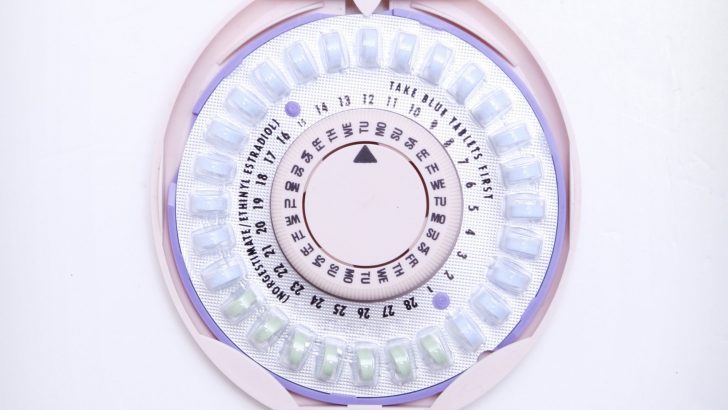Does the provision of free and accessible contraception – to be introduced in Ireland within the next 18 months – halt the rate of abortion?
There is a very useful opportunity for some sociology student to address this question, perhaps as a PhD thesis, over the next five years.
Many people have believed that contraception – by which we mean any procedure which prevents conception – prevents the termination of pregnancy where a pregnancy is unwanted. Even Marie Stopes herself took this view: as a birth control counsellor she never advocated abortion and always affirmed that genuine contraception was better for women and for marriage (than abortion).
Provision
But more serious research needs to be done in addressing this question of whether abortion is halted or avoided by the provision of contraception – and Ireland is now a laboratory for this study.
Perhaps the answer might turn out to be ‘yes…and no’.
In Britain and France, the provision of contraception was hailed as a deterrence to abortion. In 1967, before the British Abortion Act was passed, lobbyists claimed that there were probably 50,000 hidden abortions annually (some done legally, under a medical clause allowing certain terminations, some not): this number would be reduced by effective contraception.
More than 50 years later, British abortion figures are at an all-time high – more than 200,000 annually.
The same pattern emerges in France: in 1975, when abortion was first made legally available, there were 33,454. In 2017, this had climbed to over 200,000, although contraception was now readily available.
Yet, if we look at societies where contraceptive provision has been almost non-existent – Russia, or Belarus – the abortion statistics are far and away the highest in the European realm. Japan, which was slow to introduce the contraceptive pill, has also had astronomically high abortion rates.
I believe the Vatican should revisit Humanae Vitae and look again at the management of fertility control”
While some societies, such as the Netherlands and Switzerland, have full contraceptive access, and relatively low abortion rates.
So – it would seem that the picture is complicated. Perhaps it depends, partly, on how things are presented. If abortion is presented as simply ‘retrospective contraception’, then it will be seen that way, and little difference will be made between preventing a pregnancy and terminating it. But if there is honest and ethical health education, with emphasis on the difference between the two, that might change the outcome.
As I have mentioned previously, I believe the Vatican should revisit Humanae Vitae and look again at the management of fertility control, for the sake of women and mothers’ health. And that would involve re-examining contraception: we know so much more about fertility control now than we did in 1968.
In the meantime, an Irish research project on contraception and abortion statistics should surely be undertaken.
****
Remembering Kavanagh
Next Tuesday, October 22, the Monaghan Association will present an evening ‘Remembering Patrick Kavanagh’, at Buswell’s Hotel in Dublin, organised by Peter McDonnell. Anne Haverty will speak, as will I. See www.PatrickKavanagh.net or call 087 617 5478 for enquiries.
****
Eamonn Mallie, the veteran political commentator with BBC Radio Ulster, UTV and Channel 4 spoke very engagingly last weekend at the Omagh Literary Festival (held in honour of Benedict Kiely). Eamonn said that his whole career had been bound up with a love of words, including the language of religious words. “Agnus Dei – qui tollis peccata mundi – how beautiful is that?”
He cherished his education by the Christian Brothers: “I hate all this denigration of the Christian Brothers”. The only thing he held against his educators was that “they didn’t teach me Greek!”
Among his favourite words nowadays, he said, were ‘Papa’ and ‘landed!’ ‘Papa’ was what his grandchildren called him, and ‘landed!’ was the text message he received when the family had safely reached a destination.
His devotion to his own grandson prompted him to write a poignant poem about the picture of little Alan Kurdi, the Syrian child refugee found dead on a Turkish beach – a picture which I think affected the whole world.


 Mary Kenny
Mary Kenny
